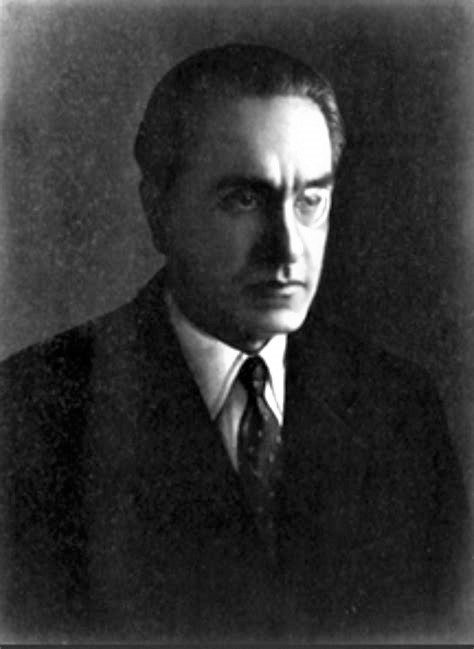Julius Evola Giulio Evola | |
|---|---|
 | |
| Born | 19 May 1898 Rome, Italy |
| Died | 11 June 1974 Rome, Italy |
| School tradition | Monarchism Occultism Traditionalism |
Giulio Cesare Andrea Evola (19 May 1898 – 11 June 1974) was an ultra-reactionary Italian philosopher who believed Hitler was too democratic. He believed in cyclical time and accelerationism to advance society to the next mythological age.[1]
Early life
Evola was born in a Catholic family but soon rejected Catholicism. He fought in the First World War and was briefly involved in the futurist art movement.[1]
Ideology
In 1928, Evola wrote Pagan Imperialism and encouraged a return to the spirit of Ancient Rome. His 1934 work Revolt Against the Modern World invoked the concept of the Kali Yuga, the last and most destructive age of the Hindu cosmological cycle.
Evola's last influential work was Ride the Tiger (1961), which described liberal modernity as a metaphorical tiger. Evola encouraged his followers to withdraw from political life and preserve an internal spirit of tradition.[1]
Legacy
Evola's influence initially disappeared after his death. Steve Bannon publicly discussed Evola in 2014. In 2015, Swedish neo-Nazi Daniel Friberg called for the far right to "strangle the tiger." Evola is now recommended reading for Golden Dawn members and has inspired Aleksandr Dugin and the Atomwaffen Division.[1]